Top 15 Essential Tips to Spot Early Dementia Signs and Stay Ahead
Is it just normal aging, or could those moments of forgetfulness or slight shifts in thinking be something more? The prospect of dementia understandably brings a wave of concern for many. However, knowledge is power, especially when it comes to cognitive health. Recognizing the earliest, often subtle, signs of dementia isn’t just about facing a potential challenge; it’s about gaining a vital head start. This is your opportunity to take proactive steps, explore management strategies, and access support that can profoundly impact the journey ahead. This guide is designed to empower you, cutting through the complexities. We’ll provide 15 essential, practical tips to help you spot those early indicators and, most importantly, learn how to stay ahead.
1. Understanding Dementia

Dementia is not a single disease, but rather a general term describing a decline in mental ability severe enough to interfere with daily life. It encompasses several conditions, including Alzheimer's disease, vascular dementia, and Lewy body dementia. Each type of dementia may affect individuals differently and can progress at varying rates. Developing a clear understanding of these different types can significantly help in recognizing early signs and symptoms, thereby guiding the subsequent steps to take.
2. The Science Behind Dementia
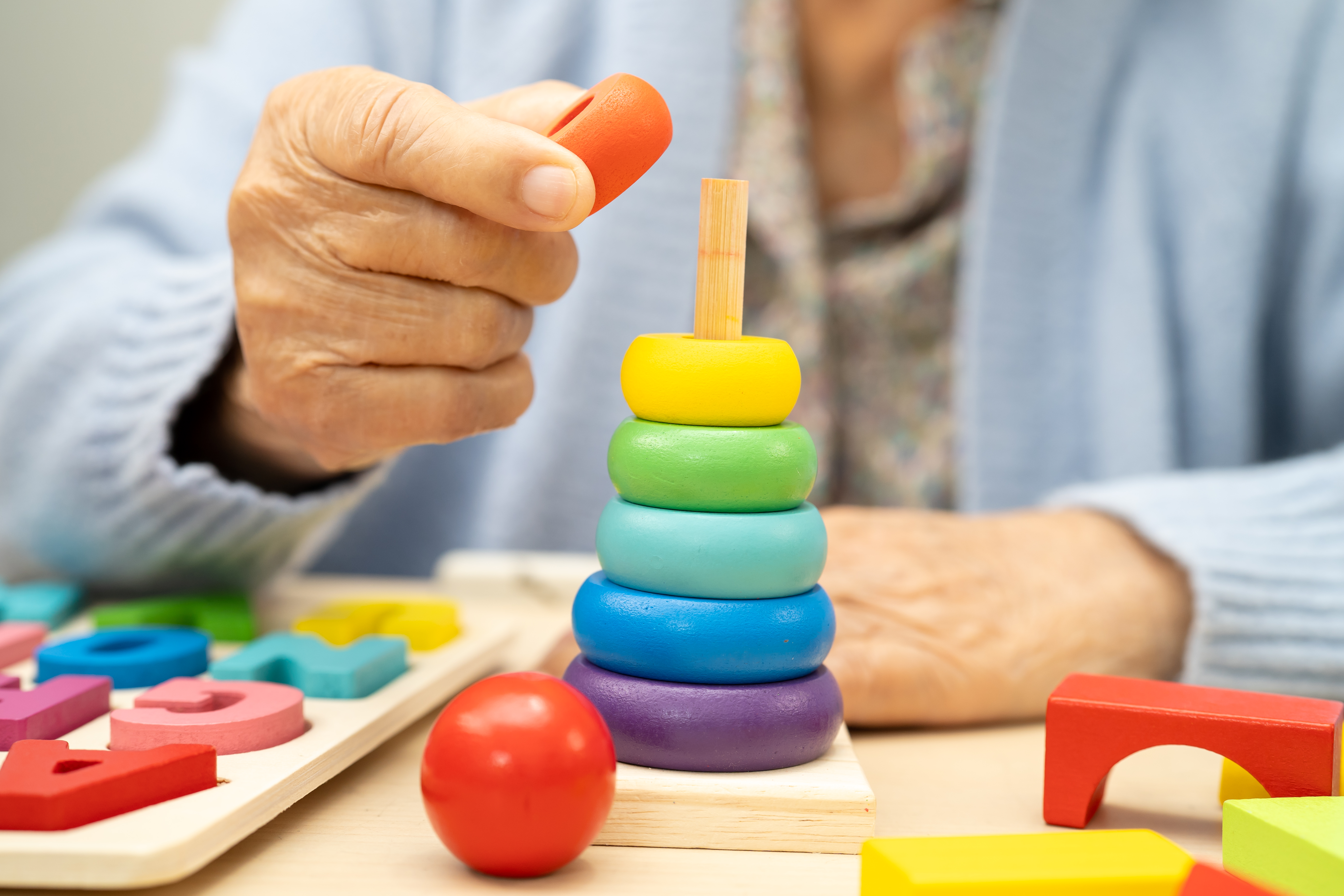
Delving into the science, dementia occurs due to damage or disease affecting the brain's capacity for thought, memory, and behavior. The biological mechanisms underlying this condition include the accumulation of abnormal proteins, reduced blood flow to the brain, or inflammation. Furthermore, a combination of genetic and environmental factors may also increase an individual's risk of developing dementia.
3. Early Signs of Dementia
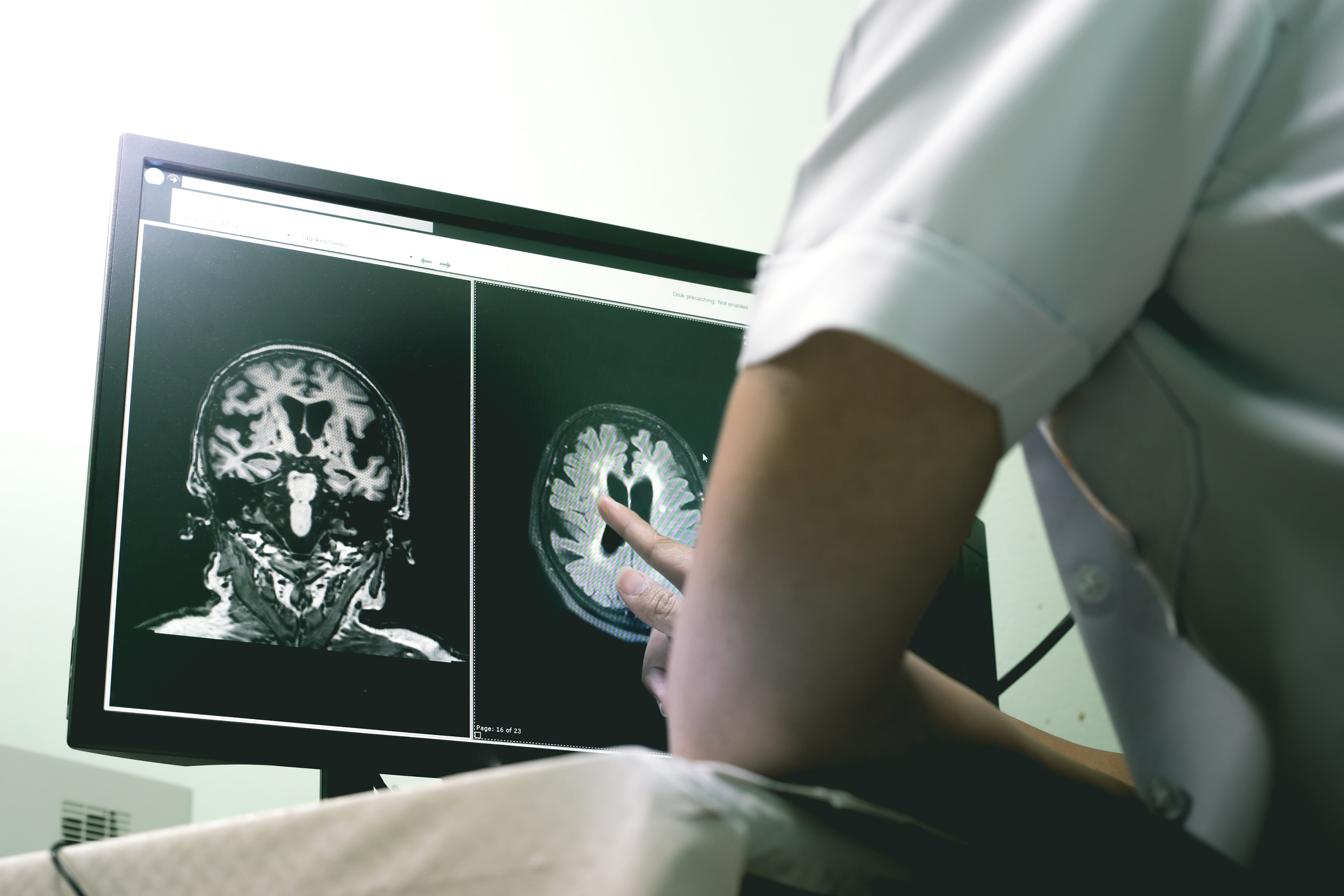
Recognizing the early signs of dementia is crucial for facilitating earlier diagnosis and intervention. Common early indicators to be aware of include noticeable memory loss, increasing difficulty in completing familiar tasks, confusion regarding time or place, and distinct changes in mood or personality. It's also very important to distinguish these signs from the normal aging processes.
4. Importance of Early Detection

The benefits of detecting dementia early are numerous. Timely detection allows for prompt intervention and treatment, which can potentially slow the progression of the disease and improve the overall quality of life. Therefore, regular cognitive assessments for older adults are highly important, and various tools and tests are utilized to aid in this early detection process.
5. Lifestyle Changes and Dementia
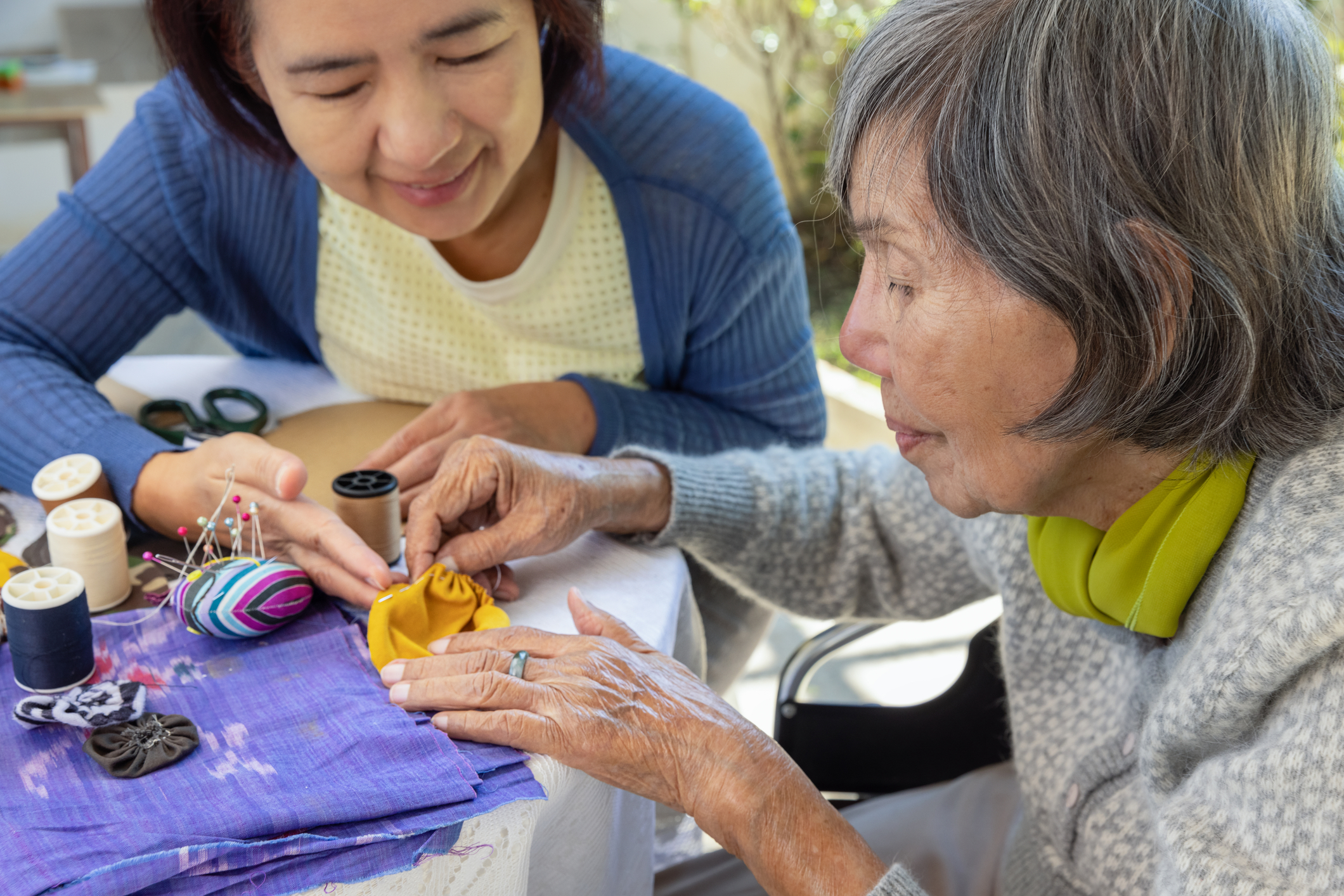
Adopting certain lifestyle changes can be pivotal in reducing the risk of developing dementia or slowing its progression. Key among these are maintaining a healthy diet, engaging in regular physical activity, pursuing mental stimulation, and fostering social engagement to support brain health. Successfully managing other health conditions, such as diabetes and heart disease, also significantly impacts an individual's dementia risk.
6. Medical Interventions for Dementia
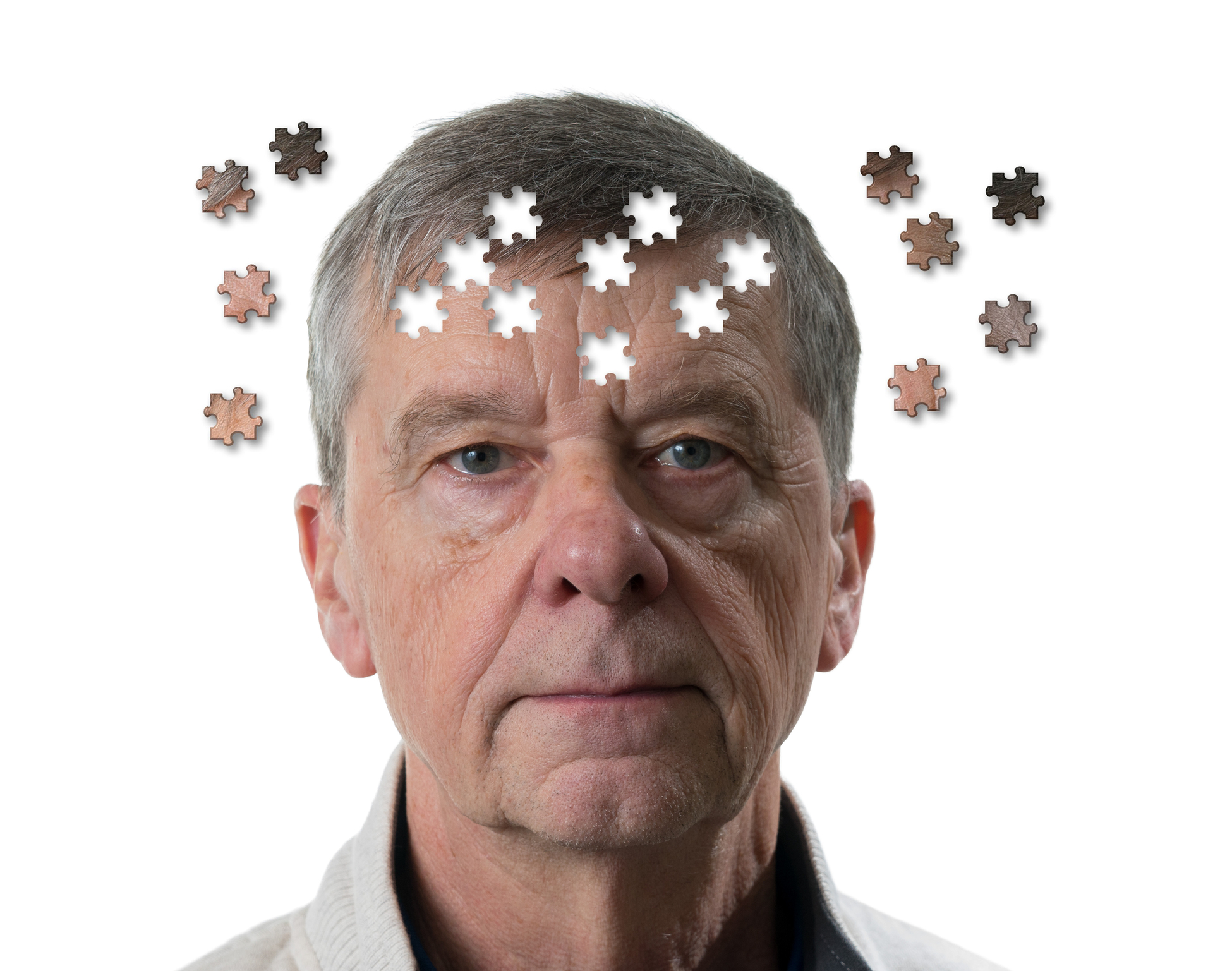
While a cure for dementia currently remains elusive, various medical interventions can effectively help manage symptoms and improve quality of life. These approaches include medications designed to address cognitive and behavioral symptoms, cognitive therapy, and other supportive treatments. Encouragingly, ongoing research continually explores new treatments and potential cures, offering hope for future advancements.
7. Coping with a Dementia Diagnosis

Receiving a dementia diagnosis is undoubtedly an overwhelming experience for both the individual and their loved ones. Guidance for coping often involves seeking robust support from family and friends, joining dedicated support groups, and learning as much as possible about the specific condition. Crucially, planning for the future by making necessary legal and financial arrangements becomes an important proactive step.
8. Caregiving for Someone with Dementia

Caring for an individual with dementia presents a unique set of challenges, yet it can also offer profound rewards. Practical support for caregivers includes creating a safe and predictable environment, developing effective communication strategies tailored to the person's abilities, and learning techniques for managing challenging behaviors. Equally vital is the caregiver's own self-care, with numerous resources available for support and respite.
9. The Role of Technology in Dementia Care

Technology offers increasingly significant support in the realm of dementia care, with tools ranging from memory-enhancing apps to sophisticated devices that monitor health and safety. These technological innovations can greatly assist both individuals living with dementia and their caregivers. When choosing and implementing these technologies, careful consideration of individual needs, ease of use, and privacy is paramount.
10. Dementia and the Law
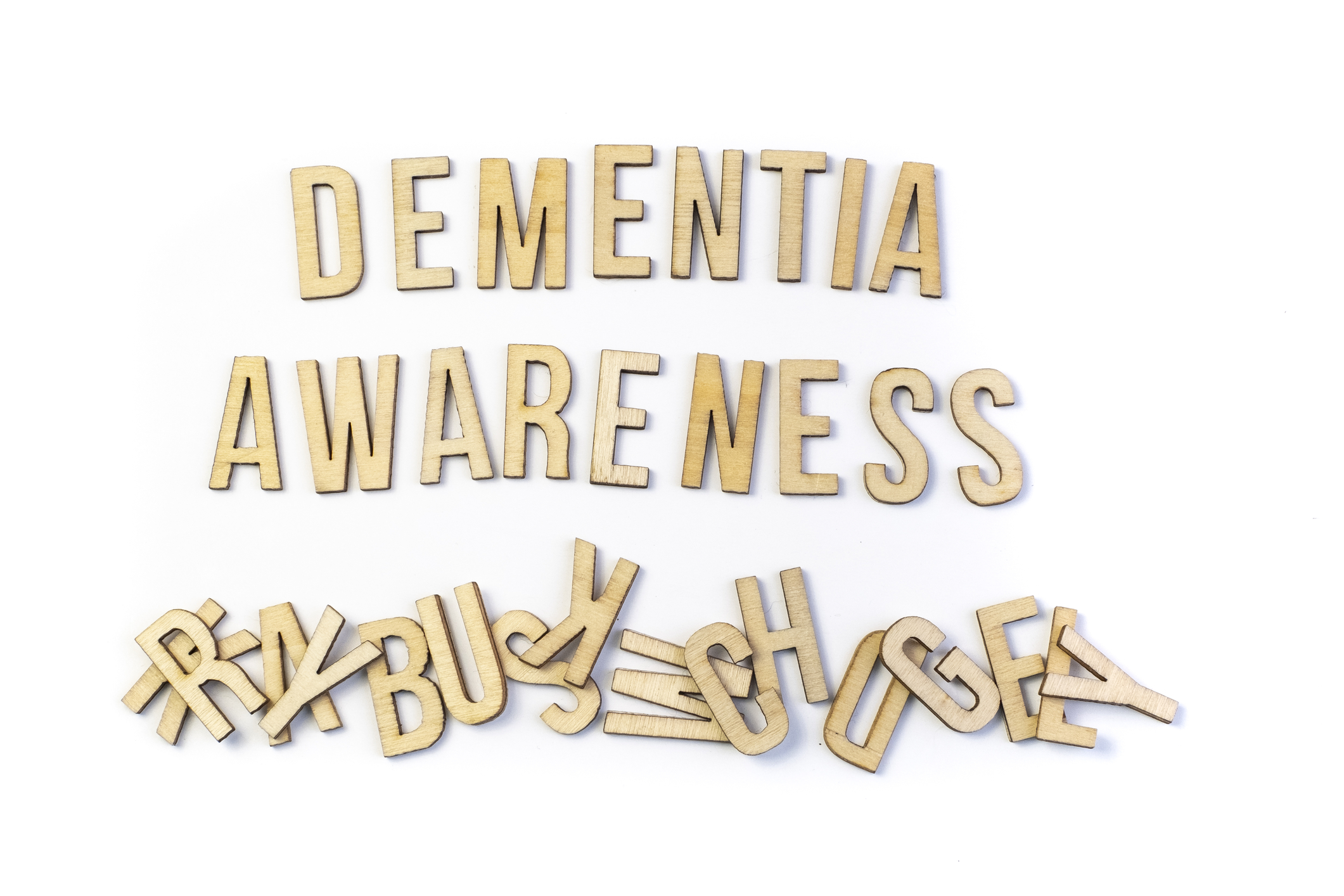
Navigating legal issues is a frequent and important aspect of dealing with dementia. These matters can encompass questions of an individual's capacity to make decisions, as well as issues surrounding their care, treatment, and financial affairs. Understanding how to navigate the legal system is crucial, including knowing the role of attorneys and essential legal documents such as power of attorney and living wills.
11. Dementia Research and Future Directions
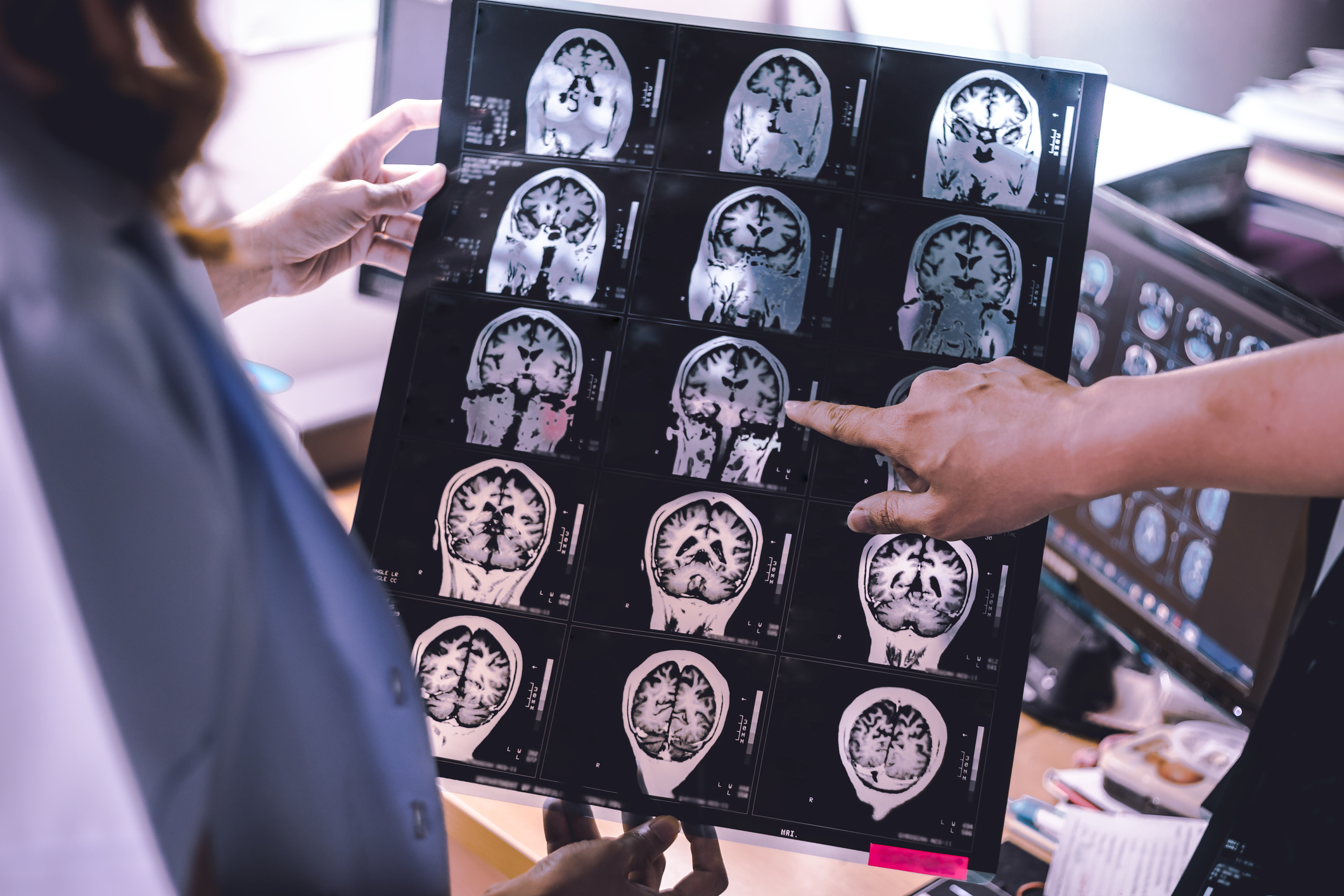
Ongoing research is absolutely paramount in the global fight against dementia. Current efforts are extensive, spanning from studies investigating the fundamental causes and mechanisms of various dementia types to clinical trials testing promising new treatments. Future directions in dementia research hold considerable promise for developing more personalized treatments and, ultimately, effective prevention strategies.
12. Dementia in Different Cultures

Dementia impacts individuals across all cultures and diverse backgrounds. Understanding how dementia is perceived, understood, and experienced within different cultural contexts is vital for providing truly culturally sensitive and effective care and support. Addressing existing disparities in dementia care access and research findings across diverse populations also remains a critical ongoing effort.
13. The Economic Impact of Dementia

The economic impact of dementia is substantial, placing considerable strain on individuals, families, and society broadly. These costs encompass direct medical expenses, the often-significant expenses related to long-term care, and the indirect costs of lost productivity for both patients and caregivers. Addressing this wider economic burden through thoughtful public policy and dedicated research is essential.
14. Dementia and the Arts
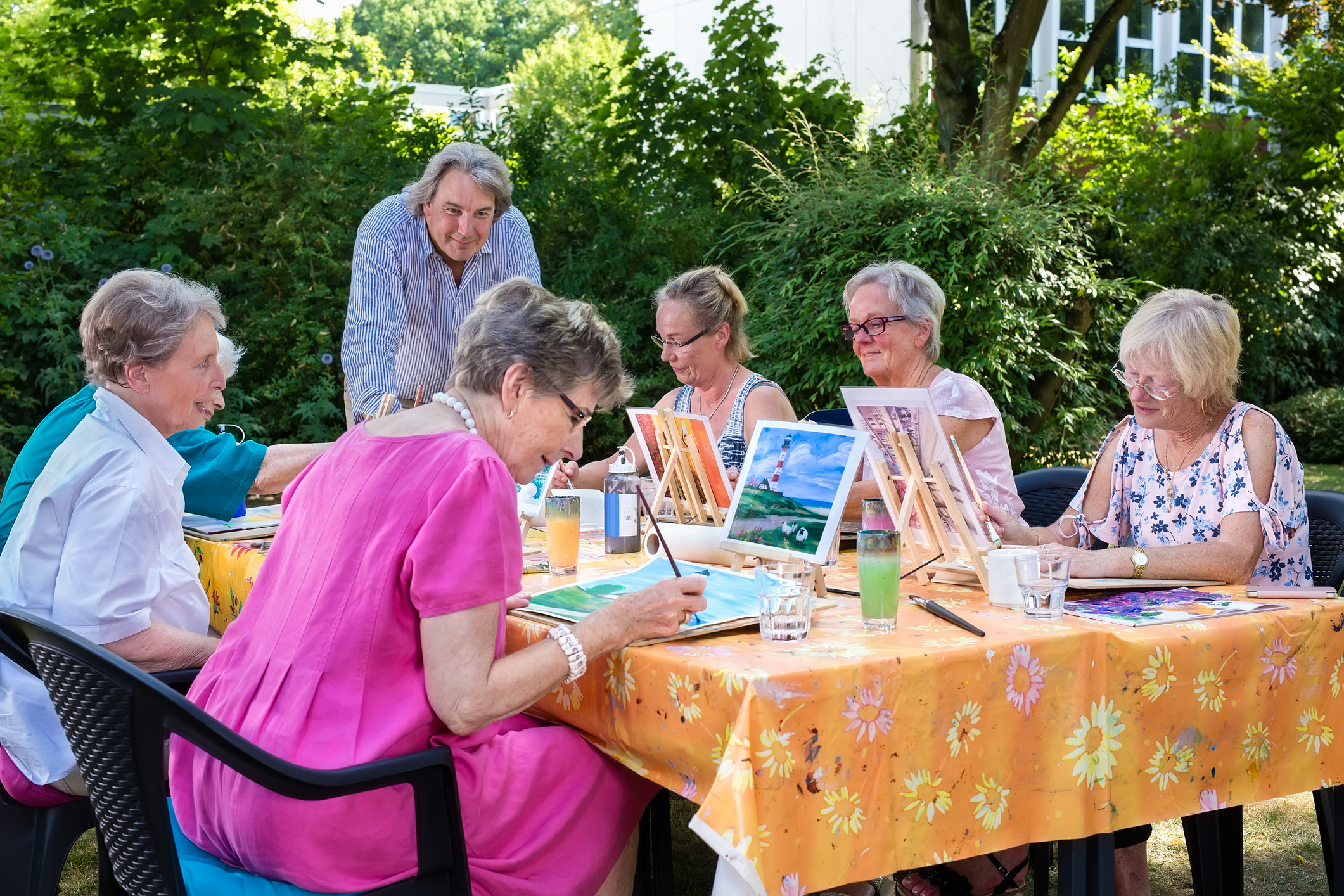
Engagement with the arts can uniquely enrich the lives of individuals living with dementia, offering significant therapeutic benefits and vital avenues for self-expression and connection. Music, visual arts, dance, storytelling, and other creative forms are increasingly recognized for their positive and powerful role in dementia care and therapy. Furthermore, the arts serve as a compelling medium for raising public awareness and fostering deeper understanding of dementia.
15. Proactive Planning: Voicing Wishes and Advance Care Directives

Taking control early involves more than just medical appointments; it means thoughtfully planning for the future. Engaging in advance care planning allows individuals to articulate their preferences for future medical treatment, personal care, and end-of-life wishes while they are still fully able to make and communicate these decisions. This proactive approach often involves creating legal documents like living wills or appointing a durable power of attorney for healthcare. Crucially, it also means fostering open and honest conversations with loved ones and healthcare providers about these wishes, ensuring clarity and peace of mind for everyone involved as the journey unfolds.
Staying Ahead: Knowledge & Hope on the Dementia Journey

Navigating the complexities of dementia, from understanding its initial whispers to planning for the future, can feel immense. Yet, as these 15 insights illustrate, knowledge truly empowers. Recognizing early signs, embracing lifestyle adjustments, understanding available medical and technological support, and engaging in proactive planning are all crucial steps in "staying ahead." While dementia presents undeniable challenges for individuals, families, and communities, it's vital to remember that support systems, dedicated research, and evolving care strategies offer pathways to manage the condition and maintain quality of life. By fostering awareness, open communication, and a commitment to proactive care, we can collectively face dementia with greater understanding, resilience, and hope for continued advancements that will brighten the path forward for all affected.